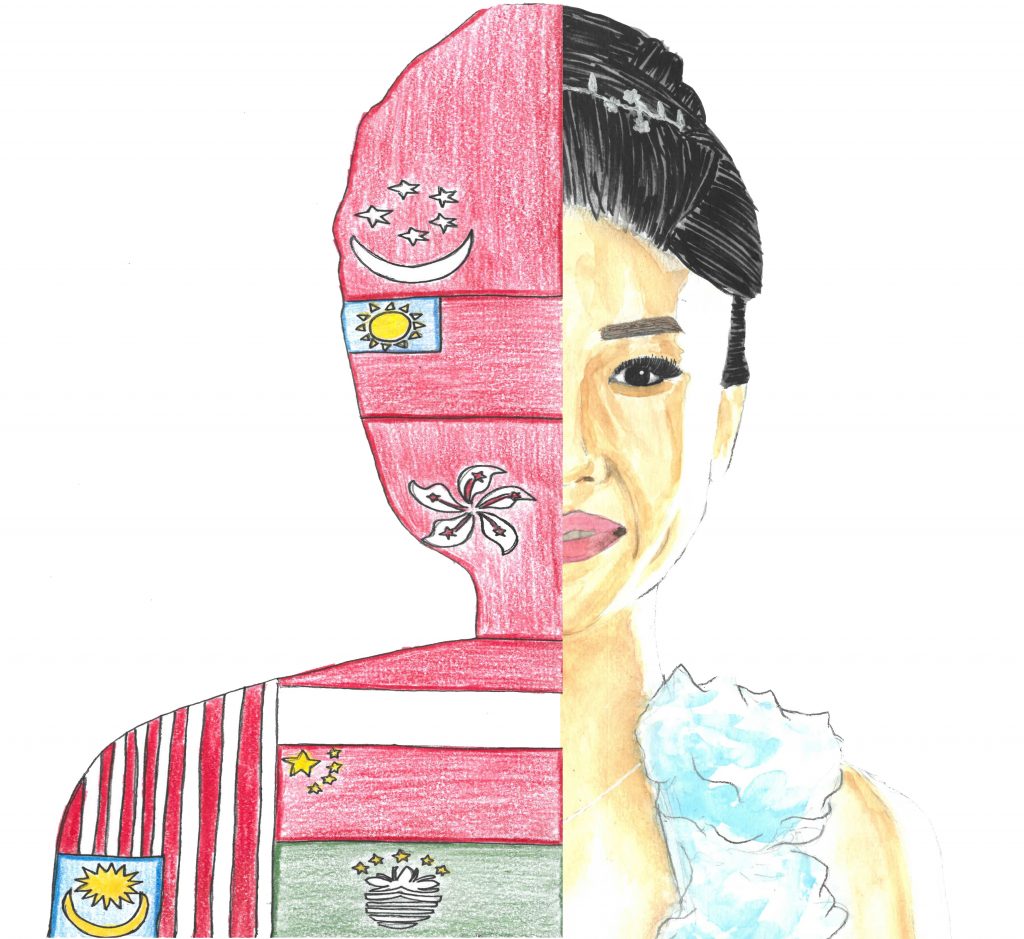It’s been a long time coming, but the day has finally arrived where Asian Americans are recognized for their acting. Their careers are no longer confined to short cameos in movies, only to be killed off a few moments later. No, Asian Americans are changing the racial demographic of Hollywood. They are finally breaking through the industry where Asian actors comprise only 1% of lead roles. This win is prevalent in none other than the overwhelming success of Crazy Rich Asians.
Surpassing the expectation of $18 million for the opening week, Crazy Rich Asians topped the box office in just one weekend. The film’s craze caught on like a wild fire, and in the short span of nine days, it had grossed over $50 million. It was a record breaker for its genre — impressive ticket sales show that the movie was the most lucrative rom-com to ever be released in theaters since Amy Schumer’s Train Wreck in 2015. But, numbers can only show how a film was successful, not why it was.
The movie is based off of Kevin Kwan’s book written in 2013. In his novel, Kwan dives into the complex culture of asian countries, touching upon topics such as their morals, family dynamics, and, of course, their riches. When this film was brought to life this summer, it was crucial for Asian director, Jon M. Chu to make sure the film stuck to its roots. This meant having an all-asian cast; a feat which has not been executed since Amy Tan’s Joy Luck Club, which premiered 25 years ago.
The scary thing was that this film had the potential to not make it big at all. In an interview with The Hollywood Reporter, Jon M. Chu revealed that Netflix had made an offer to turn the production into a Netflix original. The offer reportedly granted the Kwan and Chu full “creative control, a guaranteed trilogy and a massive seven-figure immediate payout to the stakeholders” (FOX news). Warner Bros. Entertainment Inc. also offered to produce the film, and although Netflix had the better offer, it lacked one crucial guarantee — proper recognition. Netflix couldn’t fulfill the sole purpose of this movie, which was “getting us [Asians] on the big screen” (Jon Chu to The Hollywood Reporter). It was also reported that another entertainment corporation who was interested in generating this movie tried to replace one of the main protagonists, Rachel Chu, with a white female. Luckily, director Chu never called that company back; swapping the intended asian female lead with a white female would certainly raise some eyebrows.
Not only do Asians portray the lead characters in the movie, but they play complex roles. Crazy Rich Asians doesn’t focus on the stereotyped roles that Hollywood assigned to Asian actors. Instead, it does the exact opposite. This movie has surprised many, with each scene shattering common misconceptions about the Asian community. It was just the clarification that Asian-Americans needed to express.
As an Asian-American myself, I would never have thought that I would see people who looked like me in the cinema. Growing up Asian in a Western society like Rachel Chu does in the film, I find myself playing a cultural double life. As I attend school here and take in the world around me, it becomes more difficult for me to find the connection that tethers me to my grandparents, and even to my parents. But after I saw this film, I, along with many others, found peace of mind knowing that no matter how far away I am from my roots, I will always carry the asian part of me.
Crazy Rich Asians is a huge cultural phenomenon, not only because it was long overdue, but because it paints Asians in a new light that not even I, an Asian-American, can put into words.
Amelia Chen
graphics chief
Graphic: Amelia Chen and Erin Kim

